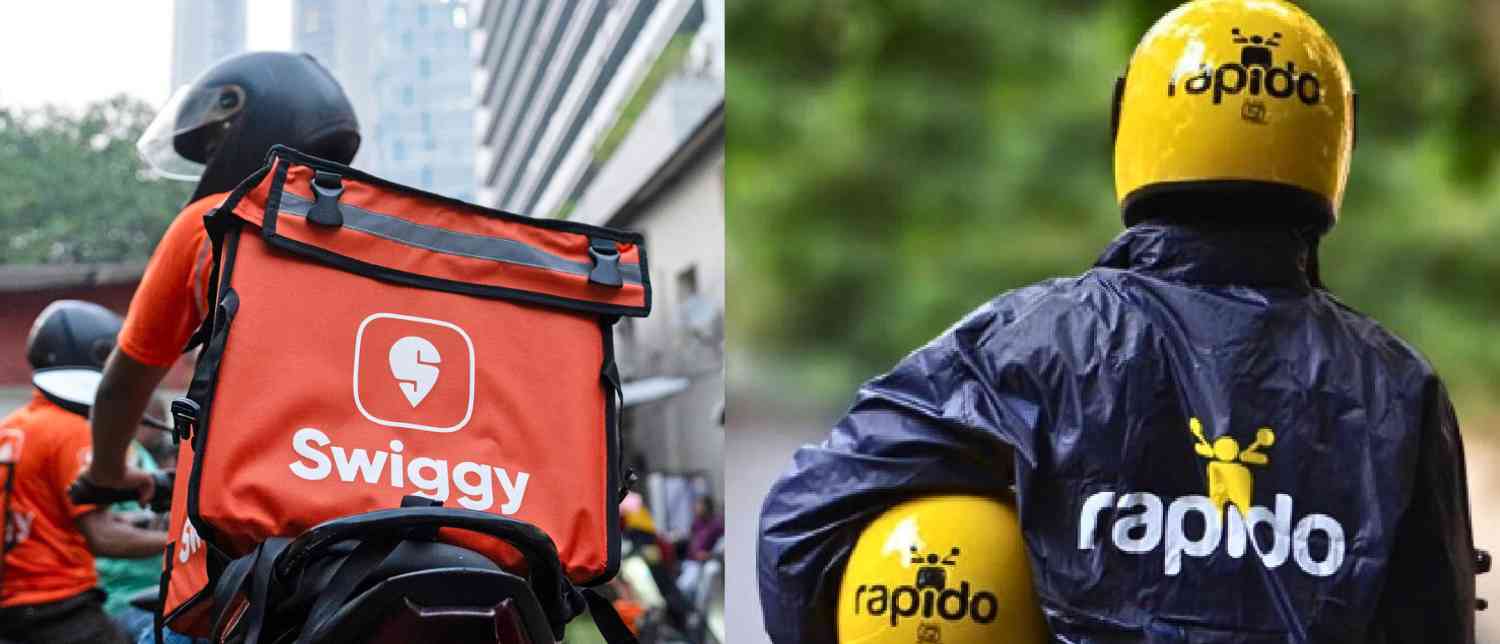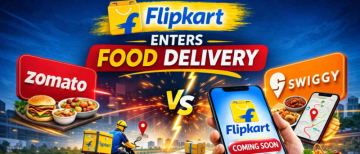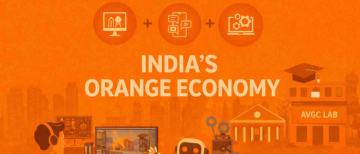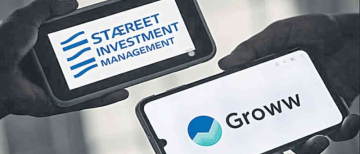Swiggy, one of India's leading food and grocery delivery platforms, has decided to sell its entire 12% stake in Rapido, a popular ride-hailing service, for ₹2,400 crore (approximately $270 million). This move marks a significant change in Swiggy's investment strategy, as it had initially backed Rapido in 2022 during a $180 million funding round. The sale signals a shift due to Rapido's recent entry into the food delivery sector, an area that directly competes with Swiggy's core business.

Rapido's stake sale is being split between two investors: Prosus, a Dutch investment group that is also a major backer of Swiggy, is acquiring about 10% of the shares for ₹1,968 crore, and WestBridge Capital is buying the remaining shares for around ₹432 crore. Following this transaction, Rapido's valuation has more than doubled from $1.1 billion in 2024 to about $2.3 billion, reflecting its rapid growth and expansion.
Swiggy invested in Rapido with the expectation that both companies would complement each other, leveraging their delivery fleets and customer bases. Rapido started primarily as a bike-taxi service but has grown to become India’s largest mobility platform by rides. However, when Rapido began piloting its own food delivery service under the brand Ownly, especially in cities like Bengaluru, Swiggy recognized a potential conflict of interest arising from this overlap. This new venture by Rapido directly challenged Swiggy's dominance in food delivery.

Swiggy’s CEO, Harsha Majety, acknowledged this conflict in an earnings call and explained that while they have been pleased with Rapido’s success, the entry of Rapido into food delivery compelled Swiggy to re-evaluate and eventually plan to exit the investment. The food delivery landscape in India has been competitive and crowded, with players like Zomato and new entrants like Rapido striving for market share. Swiggy’s decision to offload its stake can be seen as a strategic move to avoid direct competition with an investee company and realign its focus on core offerings.
The ₹2,400 crore sale price represents a substantial return—about 2.4 times the original investment made by Swiggy two and a half years ago. Despite this gain, Swiggy is currently facing financial challenges, with its June quarter reporting a loss of ₹1,197 crore, almost double from the previous year, although revenue rose by 54% to ₹4,961 crore. Quick commerce (instant delivery services) remains Swiggy’s fastest growing segment, led by Instamart, which saw gross order values more than double year over year. The company's plans include restructuring portions of its business, such as transferring Instamart into a wholly owned subsidiary.
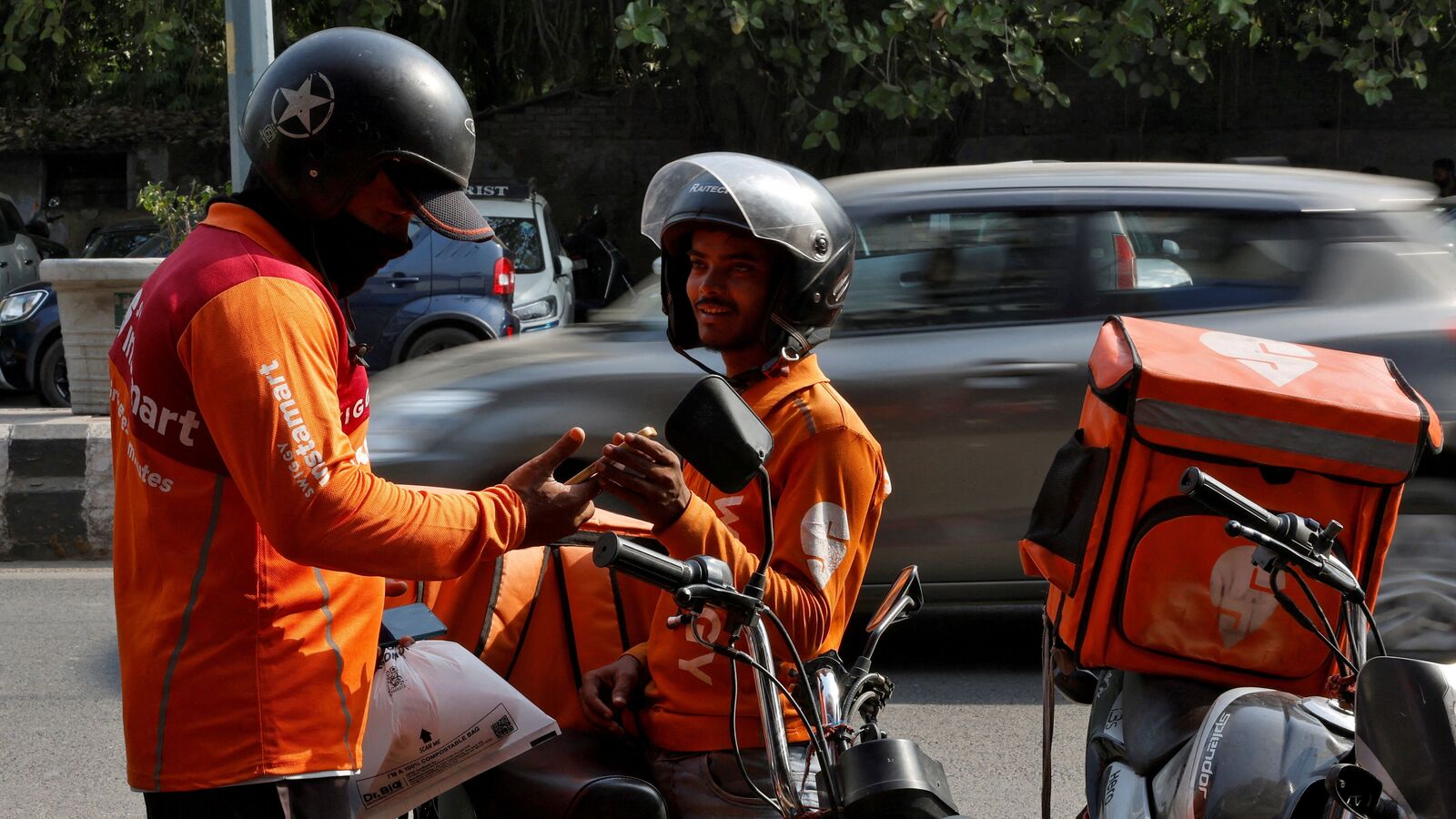 \
\
Financial analysts suggest that while the stake sale provides some cash relief, Swiggy will need to raise additional funds—potentially over $500 million—to sustain its ambitions in quick commerce and remain competitive in the evolving delivery market. The sale extends Swiggy’s financial runway but is seen as only a partial solution to its cash flow concerns.
The food delivery sector in India has been highly dynamic and competitive over the last decade, with numerous players entering and exiting. Swiggy and Zomato have emerged as leaders, but rapid innovations and new competitors keep the market unsettled. Rapido’s expansion into food delivery is a significant development because it brings a major mobility player into a market where Swiggy has invested heavily. This strategic overlap gave rise to the conflict decision.
From an industry perspective, such shifts in investments reflect how companies must constantly re-evaluate partnerships and stakes in investee firms based on changing business models and market conditions. Swiggy’s calm and financially prudent response to divest from Rapido while still realizing strong returns is a practical example of corporate portfolio management in a fast-changing sector.
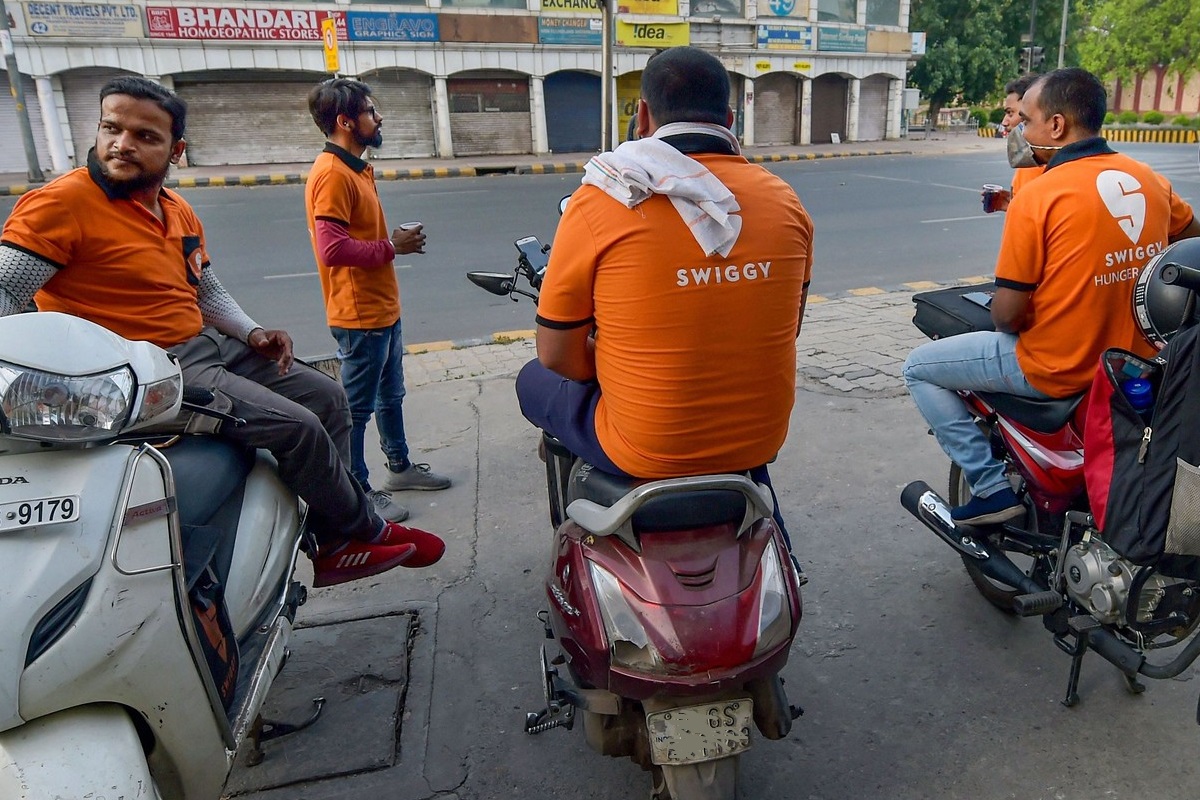
Swiggy’s decision to offload its Rapido stake for ₹2,400 crore highlights the evolving nature of India’s ride-hailing and food delivery markets. The sale is rooted in the potential conflict created by Rapido’s entry into food delivery—Swiggy’s primary business segment. Although this exit impacts Swiggy’s investment portfolio, it brings a strong return amid the company's efforts to manage its financial position and focus on core growth areas like quick commerce. Meanwhile, Rapido’s increased valuation underscores its successful expansion beyond mobility into new business verticals. This development is a reflection of the competitive and innovative landscape in India's technology-driven delivery economy.
With inputs from agencies
Image Source: Multiple agencies
© Copyright 2025. All Rights Reserved. Powered by Vygr Media.

